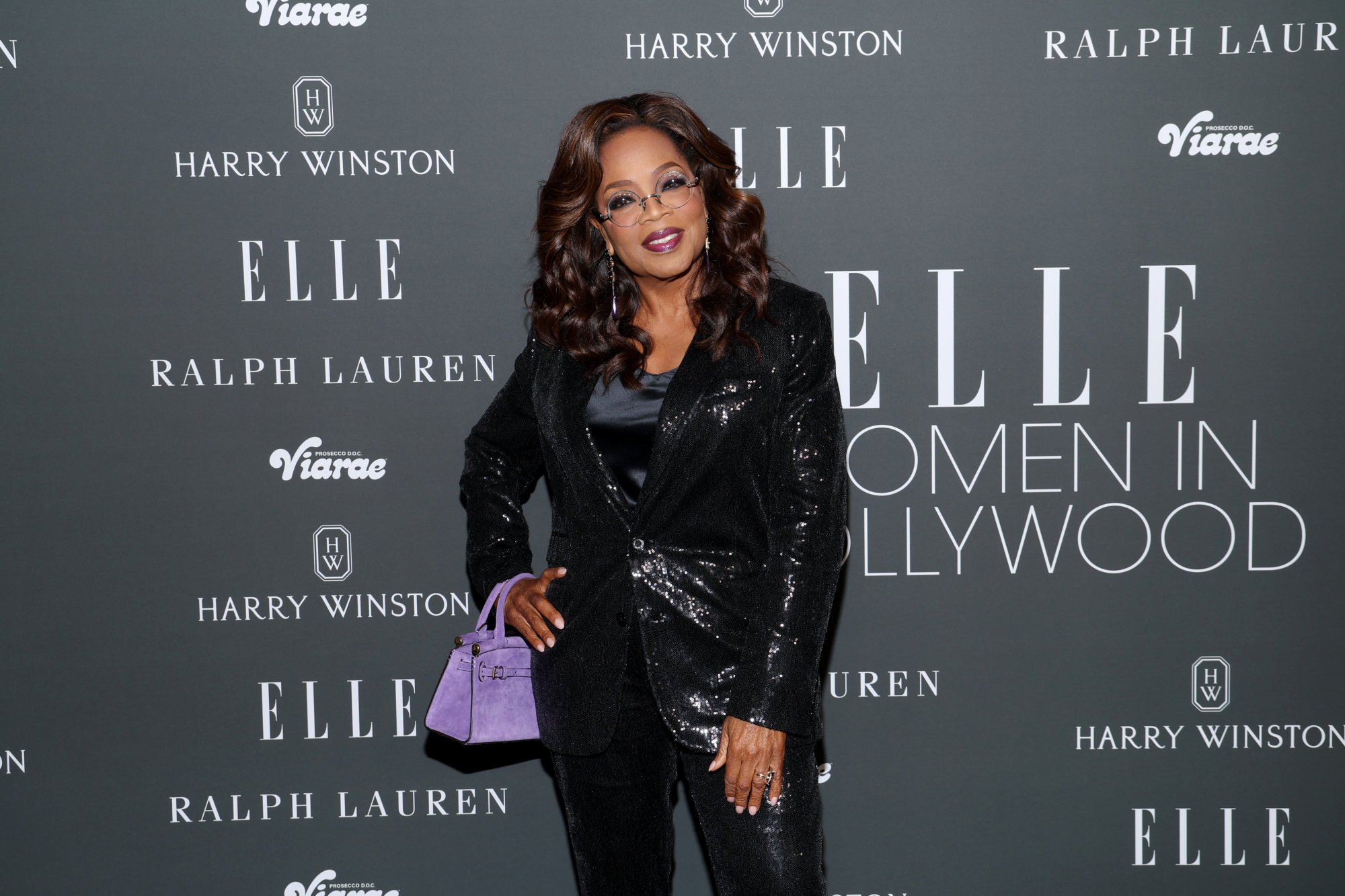In recent times, the gender pay gap, particularly among women of color in the
entertainment industry, has gained attention thanks to outspoken figures ke;
Queen Latifah and Tara). Henson. These two prominent black actresses have long
been advocates for equal pay in Hollywood, and their fight has become even more
intense, especialy a it now involves someone as influential as Oprah Winfrey. This
article delves into the ongoing issue of wage inequality in Hollywood, the role these
‘women play in the fight, and the controversy surrounding Oprah’s involvement.
Hollywood’s Longstanding Pay Disparity
The gender pay gap in Hollywood i nothing new. For years, women—especially
black women—have earned significantly less than theif male counterparts.
Actresses Vike Queen Latifah and Taraji P. Henson have been vocal about this
injustice. Their efforts to address the issue have ranged from public speeches to
behind the-scenes negotiations. However, recent discussions have spotlighted a
more specific concern: alleged mistreatment from one of Hollywood’s most
infivential figures, Oprah

‘Queen Latifah and Taraj P. Henson’s Struggle for Fair Pay
During a recent award ceremony, Queen Latifah and Taj P. Henson took the
“opportunity to shed light on these pay disparities once more. Latfeh used her
platform to make a powerful statement about how the issue of inflation has not
affected equal pay for black actresses. She pointed out that while everyone talks
‘about inflation in everyday ie, the salaries of black actresses remain stagnant, or
‘worse, continue to fal short of their male and white female counterparts This was a
pivotal moment. as it highlighted how the pay gap continues to affect black women
in Hollywood, even as the industry claims to be progressive and inclusive.
During the same event, Henson took the stage to accept an award for her ole in The
Color Purple. In her speech, she thanked those who had supported her and took the
‘opportunity to discuss her own battle for equal pay. Henson’s comments were seen
as a direct critique of the industry, and many speculated that her words were aimed
at none other than Oprah Winfrey, who had produced the press tour for the fim.
Fans and media outlets quickly pieced together the dots, suggesting that Henson’s
dissatisfaction may have stemmed from her experience working on
The Color Purple, a project that Winfrey was deeply involved in

The Fight for Fair Treatment on Set
The allegations against Winfrey extend beyond just pay disparities. Henson his
revesied that during the production of The Color Purple, she hid to fight for basic
necessities uch 3s ssfe transportation to the set. The production had ii provided the
cast with rental cars, expecting them to drive themselves o the set in Aianta.
Henson, conceme for her safety, requested 3 diver or security, but was met with
resistance. This incident highlights the broader sve of how black actresses re often
expected to tolerate subpar working conditions compared to
their peers
Daniele Brooks, another scress from The Color Purple sizo shared simiar
experiences. She recalled how, during rehearsals the cast wasn’t even provided with
their own dressing rooms or esis, further underscoring the unequal restment.
faced by black women in Holywood. Both Henson and Brooks have praised each
ther for spesking out against these injustices, sing their pisos to cal for
better working conditions and pay equity for sl actresses.
Along Road Ahead
Despite their efforts, Queen Latifah, Taraj P. Henson, and other black actresses
continue to face an uphill battle in their fight for equal pay. While their voices have
brought more attention to the issue, the disparity persists, with blac actresses
often receiving less pay and fewer opportunities than their white counterparts
Henson and Latifah’ public criticisms of Winfrey have only added to the complexity
of the situation, as they challenge not just the men in power, but aso fellow women
of color who hold influence in the industry.
As more actresses speak out about their experiences, it becomes clear that the fight
for equal pay in Holywood is far from over, The industry must not only address the
pay gap between men and women but also confront the unique challenges faced
by black actresses. Until these disparities are resolved, the voices of Latifah, Henson.
‘and others wil continue to resonate, calling for fairness and equality in an industry
that often fails to provide it
